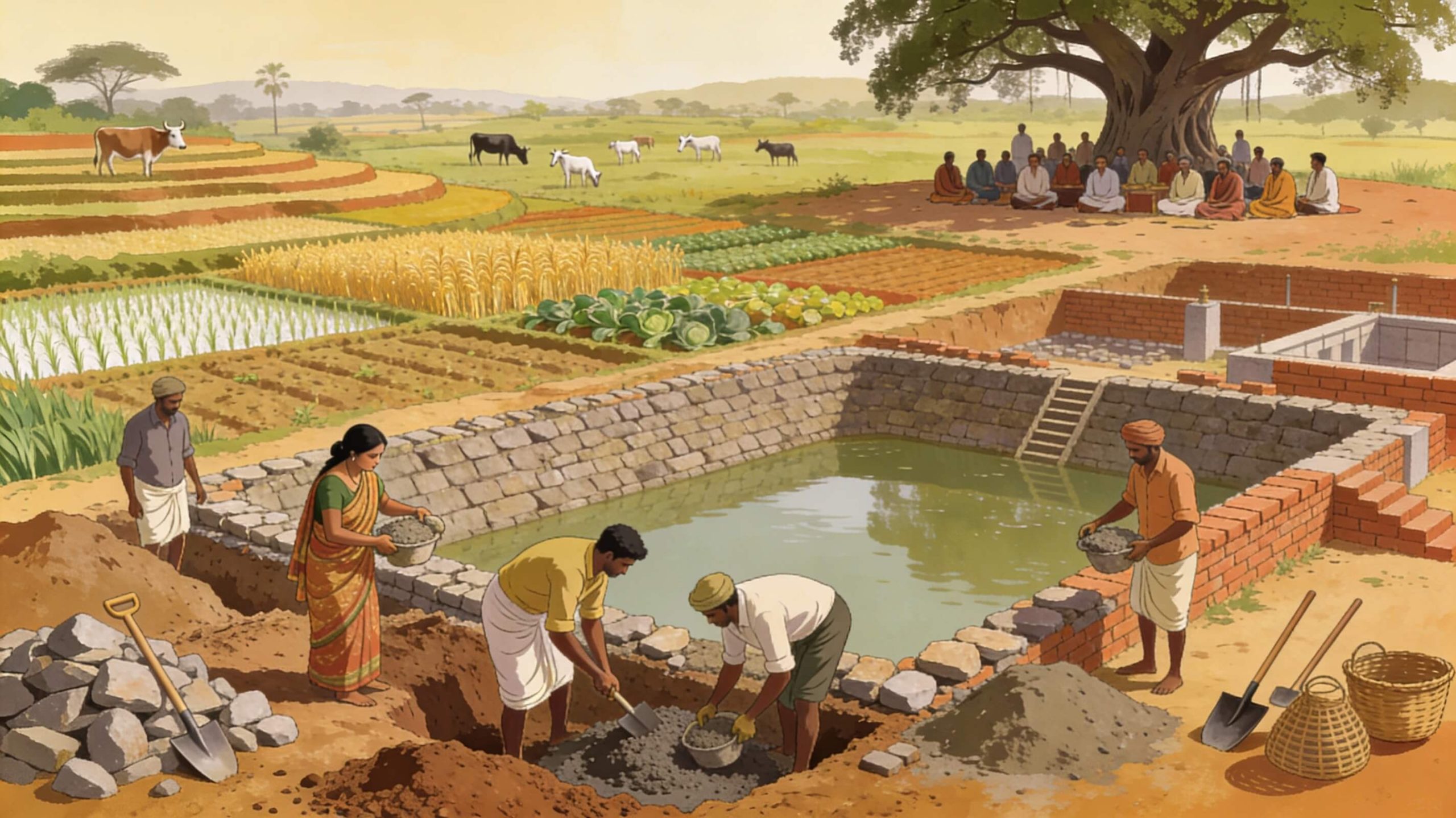Experts are warning that the excessive use of urea is harming India’s soils, crops, and even human health. Urea is a popular nitrogen-based fertiliser used to boost crop production. However, its overuse has serious consequences for the environment and public health. One of the primary issues with urea is soil degradation. When farmers apply too much urea, it can deplete the soil’s organic matter and disrupt its structure. This makes the soil less fertile over time. Healthy soils are vital for sustainable agriculture and food security. Urea also contributes to water pollution. When it rains, excess urea can wash off fields and into rivers and lakes. This leads to nutrient pollution, causing harmful algal blooms. These blooms can deplete oxygen in water, harming aquatic life. Furthermore, high levels of nitrogen from urea can seep into drinking water. This is particularly dangerous for infants, as it can lead to a condition known as methemoglobinemia, or “blue baby syndrome.” The health risks don’t stop there. Farmers and agricultural workers who handle urea are at risk of exposure to toxic substances. This can lead to respiratory issues, skin irritations, and other health problems. Experts believe that urgent action is needed to address these issues. They suggest adopting sustainable farming practices. These include using organic fertilisers like compost and manure, which can improve soil health without the risks associated with chemical fertilisers. Additionally, precision farming techniques can help farmers apply the right amount of nutrients at the right time. This reduces the chances of runoff and enhances crop uptake. Crop rotation and cover cropping can also naturally replenish soil nutrients, making it less reliant on chemical inputs. It is crucial for farmers to be aware of the potential dangers of urea. While it has helped increase agricultural productivity, its risks cannot be ignored. Experts highlight the importance of restoring soil health for better crop yields and human nutrition. A recent round table discussion in India brought attention to these concerns. Experts gathered to discuss how the overuse of urea is degrading soil and posing health risks. They stressed the need for collaborative efforts across sectors to restore soil health. The conclusion was clear: India’s soils need urgent care. Without it, food security and health are at risk. By moving towards sustainable farming practices, we can protect our soils, our health, and our environment. The transition may take time, but it is essential for a healthier future. Farmers are encouraged to explore organic options and invest in sustainable practices. In doing so, they can safeguard not only their crops but also the health of future generations. The message is loud and clear: we need to act now to address the dangers of urea overuse and ensure a sustainable agricultural future.
Urea Overuse: A Threat to Soil, Crops, and Human Health
 Urea Overuse: A Threat to Soil, Crops, and Human Health
Urea Overuse: A Threat to Soil, Crops, and Human Health



